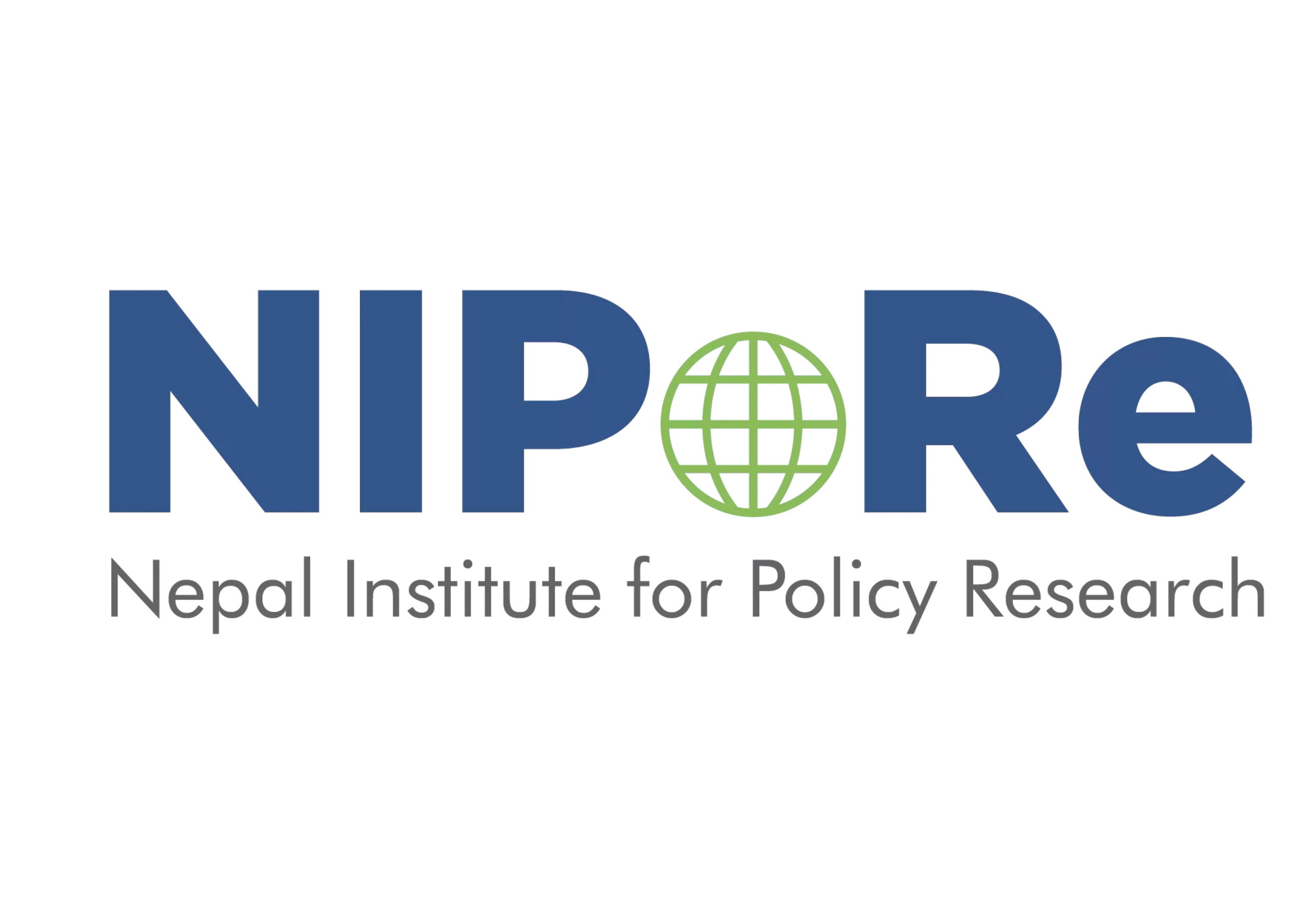About us

Nepal Institute for Policy Research (NIPoRe) is an independent and non- partisan research institute based in Kathmandu, Nepal. It works to generate evidence-based debates among citizens and critical stakeholders of development in both the public and private sectors on contemporary policy issues from Nepal and Asia. The institution currently works on high policy priority areas through four research centers – Center for New Economy and Inequality (CNEI), Center for Strategic Affairs (CSA), Center for Governance Studies (CGS), and Center for Human Development (CHD). NIPoRe’s team members represent the diversity of academic disciplines, professional backgrounds, and geography. The institute adopts a multi-disciplinary approach in its analysis of policies and research, supported by researchers trained at universities and professional environments (from) across the globe.
OUR STORY
NIPoRe’s origin dates back to mid-2014, when some of the founding members of the institute held initial rounds of informal interactions with the Nepali students, experts, researchers and politicians in Singapore over lunch and dinner meetings on a possibility of creating a policy think-tank in Nepal that would work on high priority policy issues from Nepal and Asia.
In the aftermath of Nepal Earthquake 2015 and the country adopting a new constitution in September 2015, the founding members of NIPoRe felt an immediate need to create a modern policy institute that would work on high-priority policy issues from Nepal and Asia to better guide Nepal’s future public policies. Between 2015 and early 2019, under the leadership of Mr. Jaya Jung Mahat, the founding members of NIPoRe held a series of rigorous physical interactions with the current and former policymakers from Nepal and other Asian countries in Kathmandu and in other key Asian cities (including in New Delhi, Dhaka, Hong Kong, Tokyo, Singapore, Bangkok, Kuala Lumpur, Phnom Penh, Ho Chi Minh, Hanoi, Manila, Yangon) to collect the participating experts’ valuable ideas for establishing a modern policy think-tank in Kathmandu. In addition, the founding members also held virtual meetings with Nepali researchers based in Europe, Africa and North America to collect their experiences and feedback.
After almost five years of intensive physical and virtual meetings, the founding members of NIPoRe established the institution in Kathmandu in May 2019. Since its establishment, the primary focus of NIPoRe has been to minimize existent policy-practice gaps on key policy issues from Nepal and Asia. In the following years, the NIPoRe researchers have worked on an array of high priority public policy issues (including those on economic policy, COVID-19, federalism, trade and investment, infrastructure development, poverty, inequality, FinTech and HealthTech among others).
As Nepal and other Asian economies work towards a smooth post-pandemic recovery, NIPoRe researchers too have been working on related policy issues with partners and researchers from Nepal and other Asian economies to support the key policy stakeholders in those countries.

Join Our Experts’ Roster
We believe policy making is a complex process and thus requires inputs from professionals from
across sectors and disciplines.
Mission

Evidence-based Policymaking:
To enhance effective policy-making of public, private and development sector stakeholders in Nepal, NIPoRe employs quantitative analysis and makes use of available data to generate evidence.

Collaboration:
NIPoRe values cross-sector and cross-country collaborations for better policymaking. The institution partners with professionals and institutions in Nepal and abroad to generate inclusive and replicable insights for policy research.

Independence and Non-partisanship:

Objective Analysis:
To make policymaking in Nepal and beyond as effective as possible, NIPoRe’s research seeks to avoid subjective influences caused by individual team member’s personal experiences and biases.

Global and Integrated Perspectives:
VISION
To generate data-driven public debates through use of primary and secondary data so as to support key policy stakeholders in Nepal and also across the South Asian economies to formulate more realistic plans and policies.

